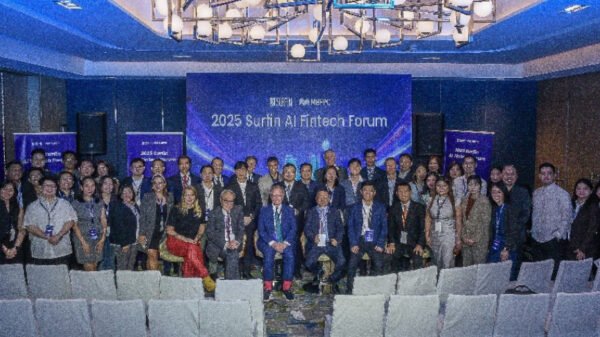At MWC Shanghai 2024, Huawei’s Board Member and President of ICT Products & Solutions Yang Chaobin discussed how AI technology, particularly generative AI, brings new opportunities and requirements to telecom networks.
He also discussed the importance of integrating and applying innovative digital and intelligent technologies to accelerate network evolution towards higher-level autonomy and make networks more productive.
In his speech entitled “AI for Networks: Powering Productivity”, Yang said, “The telecom industry kicked off 5G-A, while generative AI has achieved major breakthroughs. AI, as a foundational technology for network automation, is set to accelerate the industry’s transition towards higher-level network autonomy, and play a key role in 5G-A business success.”
Yang also noted that generative AI is transforming information production, processing, transfer, and exchange to create mobile AI opportunities and boost traffic, connections, and services. This also means higher requirements for differentiated service experience monetization and automated network O&M. Yang introduced how Huawei’s upgraded Autonomous Driving Network (ADN) solution is now powered by the company’s Telecom Foundation Model to provide five role-based copilots and five scenario-based agents. The solution will enhance the value of networks in three aspects: service enablement, network maintenance, and experience assurance.
According to Yang, the copilots can support five roles: network operations center (NOC) staff, customer service personnel, field maintenance engineers, home broadband installation and maintenance engineers, and home broadband users. The copilots can reshape human-machine interaction and collaboration by supporting intelligent knowledge Q&A and assisted O&M, significantly improving efficiency and lowering the bar for technical engineers.
Furthermore, the agents can support five high-value scenarios across network maintenance, optimization, and operation. Based on preset policies, the agents can automatically break down complex tasks, orchestrate processes, and invoke tools and application programming interfaces (APIs) to achieve scenario-based autonomy, greatly improving both operational efficiency and customer experience.
The copilots and agents highlight the business value that AI can create in innovative applications. During his keynote, Yang shared some typical scenarios in which the copilots and agents can create great value, including fault management, wireless network optimization, and enterprise campus private networks.
MWC Shanghai 2024 was held from June 26 to June 28 in Shanghai, China. During the event, Huawei showcased its latest products and solutions at stands E10 and E50 in Hall N1 of the Shanghai New International Expo Centre (SNIEC).
2024 will mark the first year of commercial 5.5G, and F5.5G gigabit optical network deployment has already begun. Synergies across networks, cloud, and intelligence are set to give rise to pervasive intelligent applications and increasingly diverse user experiences. Together with global operators, industry professionals, and opinion leaders, Huawei will dive into exciting topics at this year’s MWC Shanghai, like how to amplify 5G’s success in the 5.5G era and how to tap into the potential of operator revenue growth to bring us even faster to the intelligent world.














































































































